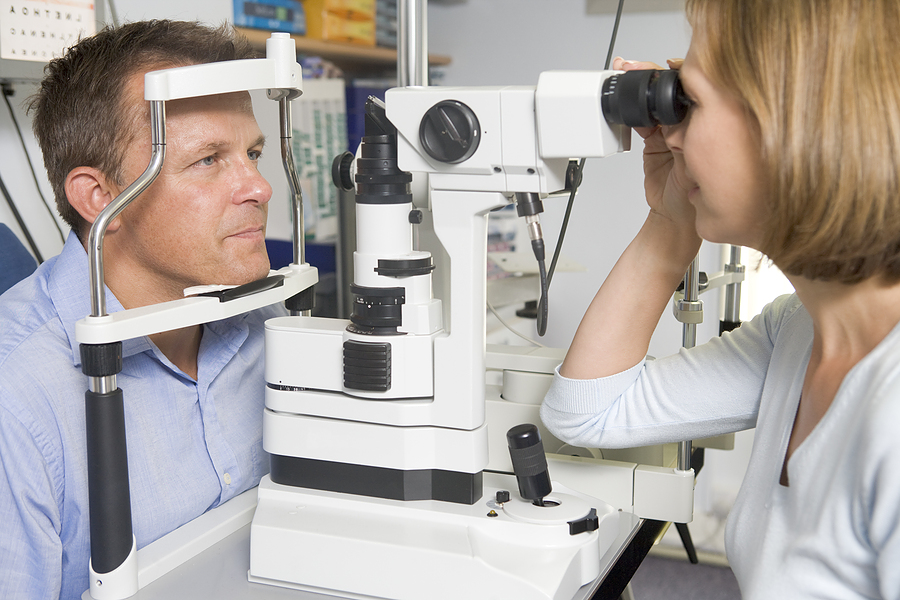Blindness and depression link
By William Smith
More than a third of blind and visually-impaired people could also suffer from depression, it has been claimed.
 Researchers at Cardiff School of Optometry are launching what they believe is the UK’s first clinical study into the problem.
Researchers at Cardiff School of Optometry are launching what they believe is the UK’s first clinical study into the problem.
A report on the BBC Wales News site says that anyone with low vision can fill in a questionnaire at opticians or optometrists in Wales in the next year and, if necessary, they will be offered immediate treatment.
The Depression in Visual Impairment Trial (DEPVIT) is being conducted by the School of Optometry in conjunction with the Guide Dogs for the Blind Association. Their aim is to measure and tackle the feelings which are associated with blindness. These can range from relatively mild symptoms to clinical depression, suicidal thoughts and alcoholism.
Psychiatrist Dr Danny Smith, one of the co-investigators, said: "Often in the past, we've treated blind and partially-sighted people for their clinical depression, with no reference to their sight problems.
“We want to understand a lot more about the extent to which depression affects the mobility of people with sight loss”
"Talking to my friends in the School of Optometry, I discovered that exactly the same, or rather the opposite, was happening with eye-care.”
"This study is all about demonstrating that the symptoms are all inter-related, and that depressive thoughts are as much a part of sight loss as blurred vision or headaches would be regarded."
"Hopefully, if we're successful, we will demonstrate the importance of looking beyond our own specialties, and collaborating to treat patients as a person not a condition."
More than a third of visually-impaired people could be suffering from a form of depression Dr. Smith believes..
"The first phase of our research will focus primarily on older people, as they constitute by far the largest visually impaired group," he said.
"They're also the group whose depression is most likely to prevent them from accessing rehabilitation services which could help them get on with their lives.
"But, talking to our research partners in Guide Dogs, it seems as though young men are the group who are least likely to accept help, and who are at most risk of alcoholism and aggressive behaviour, so they're clearly a group we also need to focus on.
Having completed the questionnaire, the people who are found to be suffering from depression will then be spit into two groups. One group will be referred to GPs for traditional treatment with anti-depressant drugs. The other will be offered a form of cognitive therapy. The results will then be compared.
Richard Leaman, chief executive officer of the Guide Dogs for the Blind Association, said: "We know from our own research that many people with low vision do not get out and about for a number of reasons, one of which is depression.
"We want to understand a lot more about the extent to which depression affects the mobility of people with sight loss.
"This research is highly important to Guide Dogs' aims of improving the mobility and quality of life of all people with low vision."





